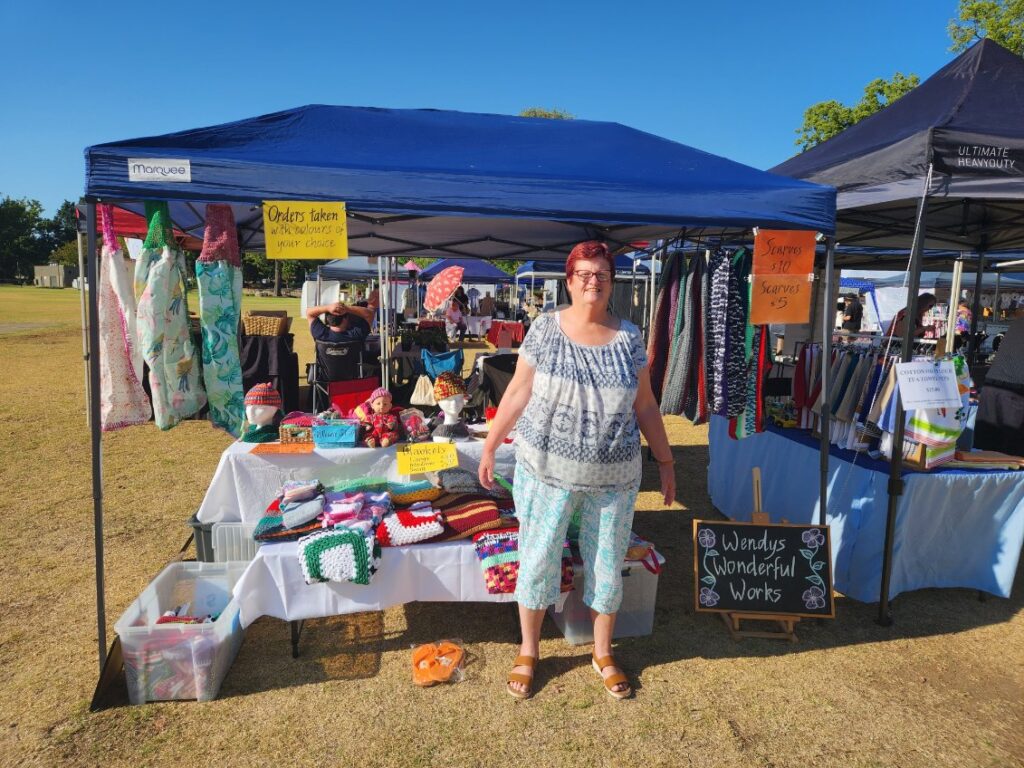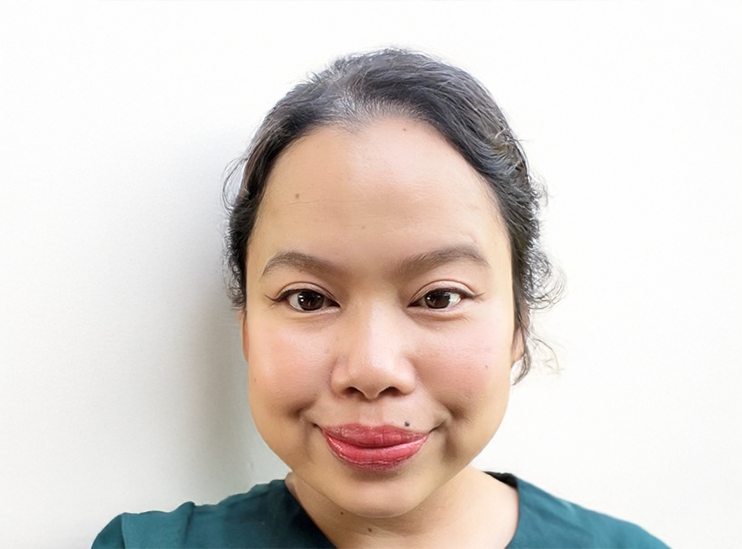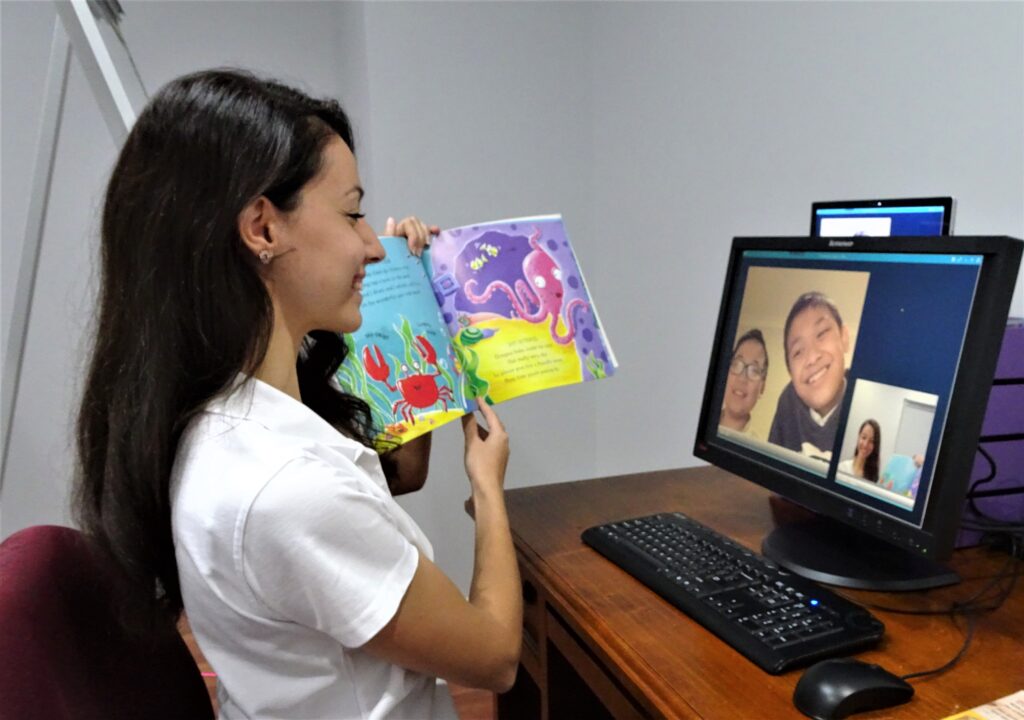
Learn about the signs to watch out for, and how communication delays can be effectively managed.
What should you do if your child is experiencing communication delays?
Every child is unique and develops at their own pace. The age that children reach different milestones can vary, and this includes when they start learning words and talking. If you’ve been wondering if your child is experiencing a speech or language delay, there are a number of signs to look out for. Communication delays can be a common developmental issue, and a screening can establish if your child is just a late bloomer or has an underlying speech or language disorder. The good news is that many types of communication delays can be effectively treated.
Milestones for a child’s speech and language development
While a communication delay doesn’t necessarily mean there is something wrong, children generally achieve certain language skills around specific ages. If your child isn’t reaching these milestones, and they’re displaying some of the following signs, then you should follow up with your health care professional:
- Ages 0-1: Babies should start babbling and laughing from around 4-7 months of age. From 9-14 months they may begin to understand basic words when paired with gestures, and by 12-16 months they should be able to say basic words like “mama” or “dada”.
- Signs to look out for: Your child doesn’t babble or vocalise by 7 months; look to your eyes or mouth when you are speaking to them by 3 months; or doesn’t look or vocalise to their name when you call them.
- Ages 1-2: Children should be learning new words and putting together two word phrases like “more milk”; understand simple directions like “throw the ball”; and use objects in pretend play like picking up an empty tea cup and making drinking noises. By 2 years old, they may respond to simple “what?” or “where?” questions; point to familiar pictures in books when named; and use their tone of voice to ask questions like ‘’mummy go?’’
- Signs to look out for: Your child doesn’t try to communicate using sounds, words or gestures, or when they need you or want something. They don’t say single words, or respond to simple questions or instructions like “wave bye bye” or “where’s mummy?”
- Ages 2-3: From this age children should regularly be using 2-3 word combinations, and be able to name most things around them. By 3, you should be able to understand 75% of what they’re saying; they can use their own name and call others by name; they ask simple questions such as ‘’what?’’, ‘’who?’’ and ‘’where?’’; and can tell a simple story or sing a familiar nursery rhyme.
- Signs to look out for: Your child isn’t saying about 50 different words; putting two or more words together into phrases and sentences; speaking without copying words or phrases from others; responding to everyday instructions like “want some water?”; asking questions; and responding to longer instructions or questions like “what do you want for breakfast this morning?”
There are many possible causes that may result in a speech or language delay, such as an issue with the mouth, tongue or palate; hearing loss; cerebral palsy; autism; learning difficulties; and Down syndrome. Speech therapy can create improved outcomes for any communication delays your child may be experiencing.
A person-centred approach from a trusted name
With more than 90 years in the disability service space, Northcott offers experienced and empathetic speech pathologists who take a person-centred approach to support you and your child.
Our speech-language pathologists can develop your child’s speech and language skills, so they can make their needs and wants known, ask and understand questions, and confidently respond. Issues with the mouth can also cause problems in swallowing function. Northcott’s speech pathologists can assist with the assessment and management of these swallowing difficulties. We’ll work closely with you to identify the support your child needs.
Building skills, confidence and independence
By creating strategies that are tailored specifically for your child, we can build your child’s skills, confidence and independence. One-on-one sessions can take place in your home, at day care, in our clinics or through telehealth sessions. Our speech pathologists will discuss how you can support your child’s communication skills in your everyday life to ensure learning takes place at home as well as in the clinic.
You can get funding to take advantage of our services through the NDIS. Children younger than 6 don’t need a diagnosis and are eligible if they have a developmental delay or a significant and permanent disability. You can reach out to the NDIS directly, or you may be referred by a doctor, family health nurse, paediatrician, or preschool or child care centre.
It’s understandable to feel concerned if you’ve noticed signs of communication delays in your child. At Northcott, our passionate and caring team of speech-language pathologists have the knowledge and experience to unlock your child’s full potential and empower them with the skills they need to thrive.
Speech Therapy


Accessibility and Inclusivity
We respect and honour Aboriginal and Torres Strait Islander Elders past, present and future. We acknowledge the stories, traditions and living cultures of Aboriginal and Torres Strait Islander peoples on this land and commit to building a brighter future together.
Read more about our commitment to reconciliation

